States
10 Surprising Things You Can’t Legally Own Everywhere

You may be surprised to learn that some of your favorite items are illegal in certain places. Some restrictions are based on safety, while others come down to cultural differences. It’s not just about what’s banned; it’s about what makes certain things so controversial that they’re actually considered illegal. Take a closer look at what is off-limits.
Ivory Jewelry
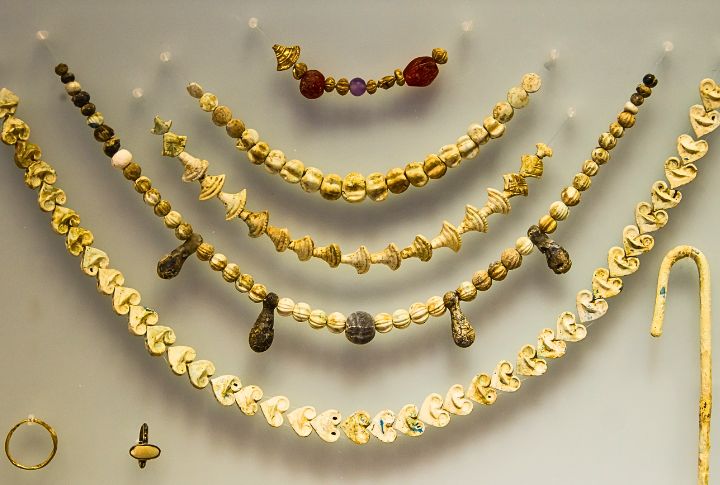
Ivory jewelry is heavily regulated in the U.S. but not entirely banned. The sale and trade of ivory are prohibited under federal laws like the Endangered Species Act. However, private ownership of legally acquired ivory is allowed, and antique pieces can be sold with proof of age.
Raw Milk

While it’s a staple in many European and South American households, unpasteurized milk faces regulatory challenges across the U.S. Some states allow it, but most require pasteurization to eliminate harmful bacteria. The raw milk debate stirs local passions, as some swear by its health benefits.
Exotic Pets

A leopard gecko may be legal in one state but illegal in the next. States differ greatly on which exotic animals you can keep, with certain species banned due to environmental concerns. These pets often have strict regulations to prevent harm to local wildlife or safety risks.
Radar Detectors

Planning to use a radar detector on your road trip? Not every state welcomes these devices. In some areas, they’re perfectly legal, but in others, they face strict bans. Virginia and Washington D.C., for instance, enforce these restrictions, citing public safety concerns. It’s essential to know the local rules before hitting the road.
Kinder Surprise Eggs
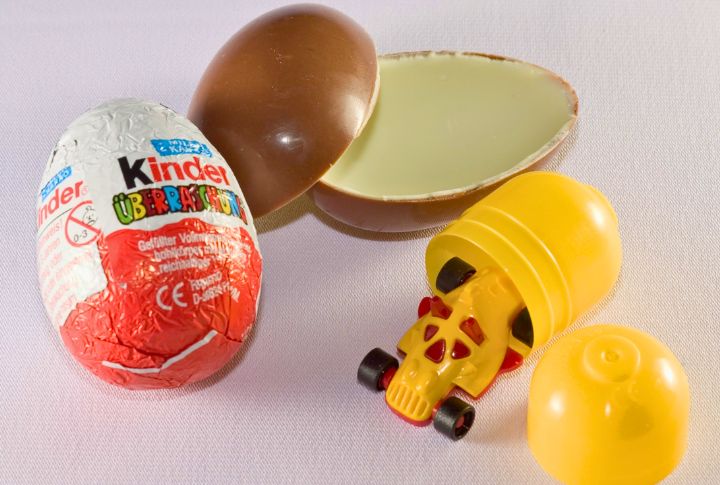
Loved by many, these chocolate eggs with hidden toys are banned in the U.S. due to the presence of small and swallowable toys. Numerous countries indulge in this treat, but the U.S. deems the toy-in-chocolate combination a choking hazard. It’s an international sweet treat that requires extra caution on American soil.
Haggis (Containing Sheep’s Lung)
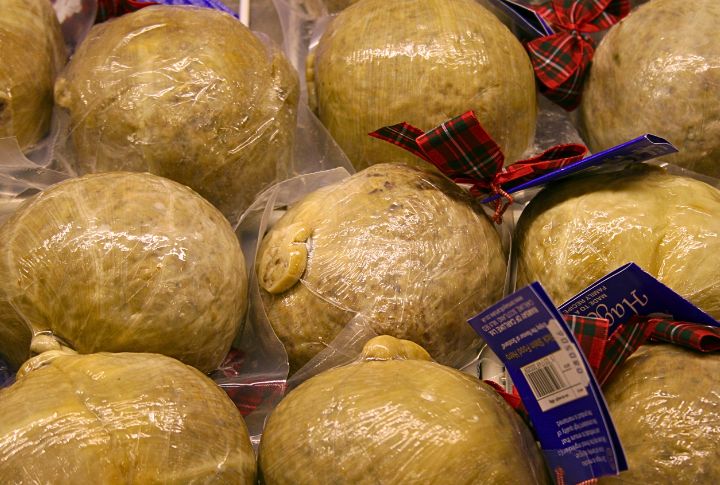
This iconic Scottish dish contains sheep’s lung, which remains prohibited in the U.S. for health reasons. Despite its cultural significance, the USDA restricts the import of haggis due to concerns over the preparation of lungs. Interestingly, you can still find “liver-based” versions stateside, but the classic remains out of reach.
Buckyballs
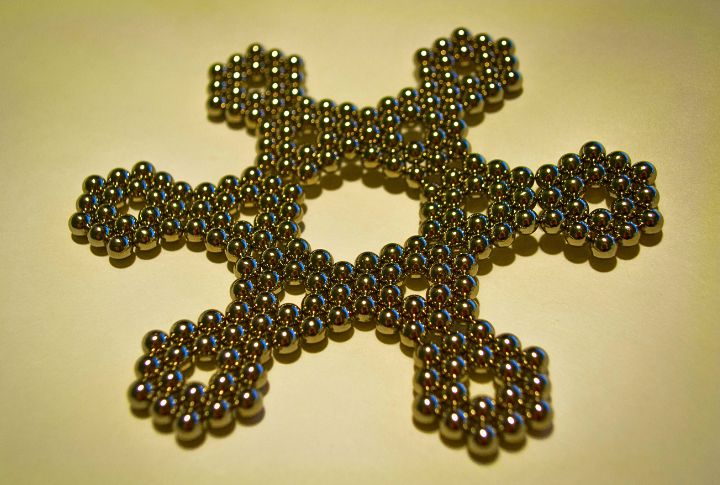
These tiny magnetic spheres were once a popular desk toy and became a concern in the U.S. due to health risks for children. The powerful magnets posed a serious swallowing hazard, prompting a nationwide ban. The Consumer Product Safety Commission (CPSC) initiated a recall, effectively prohibiting their sale due to the dangers they present.
Certain Tattoo Inks
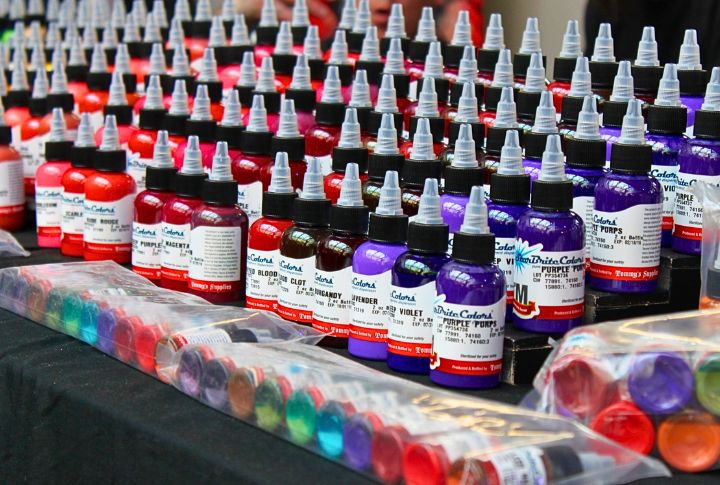
Tattoo ink regulations differ across the U.S., with some states restricting specific pigments and chemicals due to health concerns. Local jurisdictions have the authority to impose their own ink regulations. Understanding these local rules is essential to ensure your tattoo is both legal and safe.
Dog & Cat Fur Products
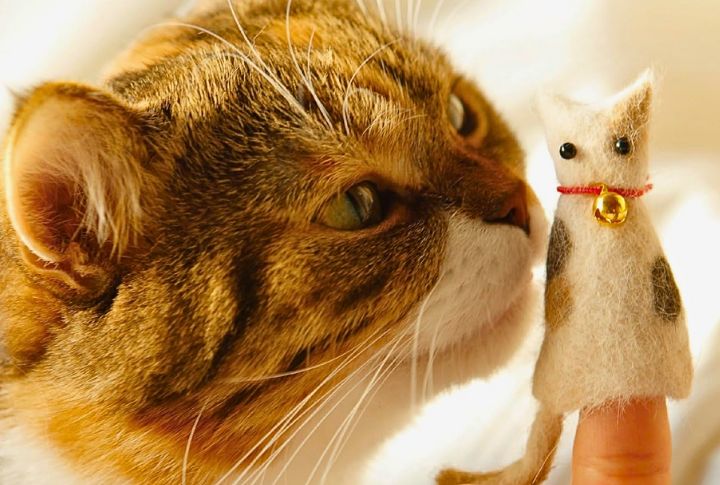
It’s illegal to import or sell products made from dog or cat fur in many countries, including the U.S. While other cultures may see this as part of their heritage, laws in the U.S. protect animals from exploitation. This prohibition helps maintain humane standards across consumer goods.
Unpasteurized Cheese
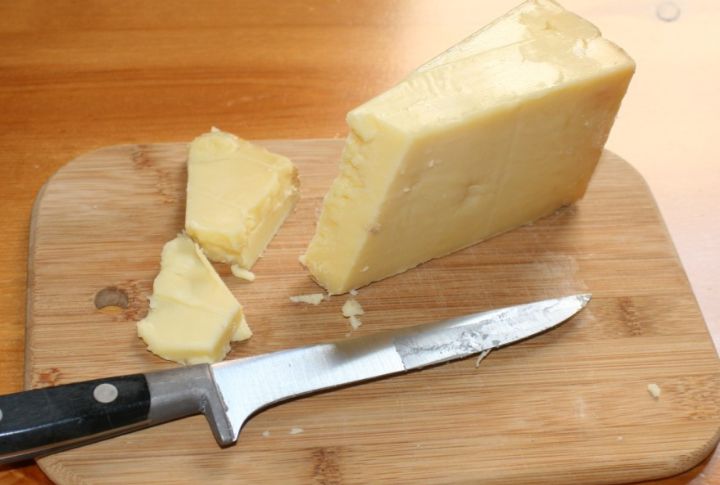
If you’re a fan of artisanal cheeses, be aware that unpasteurized varieties might not be legal everywhere. Many European cheeses made from raw milk are restricted in the U.S., especially soft cheeses, due to the risk of bacteria. Despite this, the love for these types persists.

